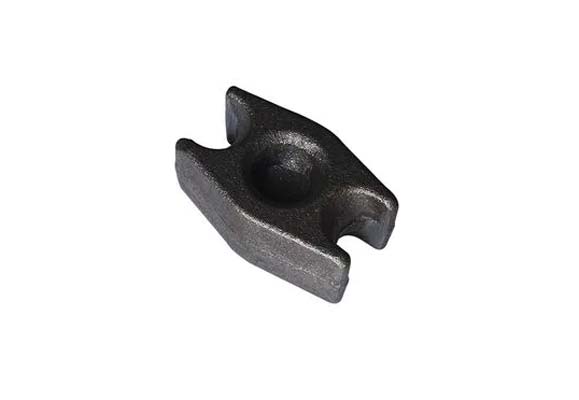- Contact Innally, Let you purchase forgings in China more favorable prices, products more assured!
- Hotline:+(86)15038323776 Email:innally@innally.com
What are the requirements for the material of Marine forgings?
- Category: Marine engineering forgings, Steel forgings
- |
- Date: 11/10/2023
the material requirements of Marine forgings are multi-faceted, including toughness, hardness, chemical composition and so on. When choosing the right material, it is necessary to comprehensively consider factors such as the specific use of the forging and the operating environment of the ship to ensure the safety and normal operation of the ship.
Product Details
Marine forgings, as the key parts, play an important role in ship manufacturing, and there are specific requirements for its material. In general, these requirements can include toughness, hardness, chemical composition, and so on.
First of all, toughness is one of the important indicators of Marine forging material. Materials with good toughness can absorb more energy, are not easy to crack when impacted, and can better cope with various situations encountered during the operation of the ship. In general, Marine forgings require materials with excellent low temperature toughness, and can maintain good toughness between minus 50 degrees Celsius and minus 20 degrees Celsius.
Secondly, hardness is also an important indicator of Marine forging material. Hardness determines the wear and corrosion resistance of forgings. For Marine forgings, it needs to withstand a variety of complex forces and moments during the operation of the ship, so the material is required to have high hardness and strength. In general, the hardness of Marine forgings is required to be above HRC28.

In addition, the chemical composition is also an important factor in the material of Marine forging. Marine forgings require the chemical composition of the material to meet the relevant standards to ensure that it has good mechanical properties, corrosion resistance and weather resistance. For example, for Marine anchor chain forgings, it requires a low content of harmful elements such as phosphorus and sulfur in the material to reduce the brittleness of the material and improve its corrosion resistance and toughness.
When comparing the advantages and disadvantages of various materials, stainless steel is a high-quality material suitable for Marine forgings. Stainless steel has excellent corrosion resistance and weather resistance, and the strength and hardness are also relatively high. However, the price of stainless steel is relatively high, and the requirements for equipment and technology in the processing process are also relatively high. Therefore, when choosing Marine forging material, it is necessary to comprehensively consider factors such as specific use and cost control.
In short, the material requirements of Marine forgings are multi-faceted, including toughness, hardness, chemical composition and so on. When choosing the right material, it is necessary to comprehensively consider factors such as the specific use of the forging and the operating environment of the ship to ensure the safety and normal operation of the ship.
nannan
INNALLY mainly provides you with various types of cast and forged parts products. Welcome your inquiries! innally@innally.com
Related Products
Search
Forging center
- Steel forgings
- Aluminium alloy forging
- Titanium alloy forging
- Stainless steel forging
- Copper forging
- Automotive forgings
- Locomotive forging
- Bicycle forgings
- Motorcycle forging
- Rigging and fasteners
- Bearing forging
- Electric power fittings
- Marine forging
- Mechanical forgings for metalworking
- Mining machinery forgings
- Marine engineering forgings
- Construction machinery forgings
Popular product

© 2025. All Rights Reserved.






